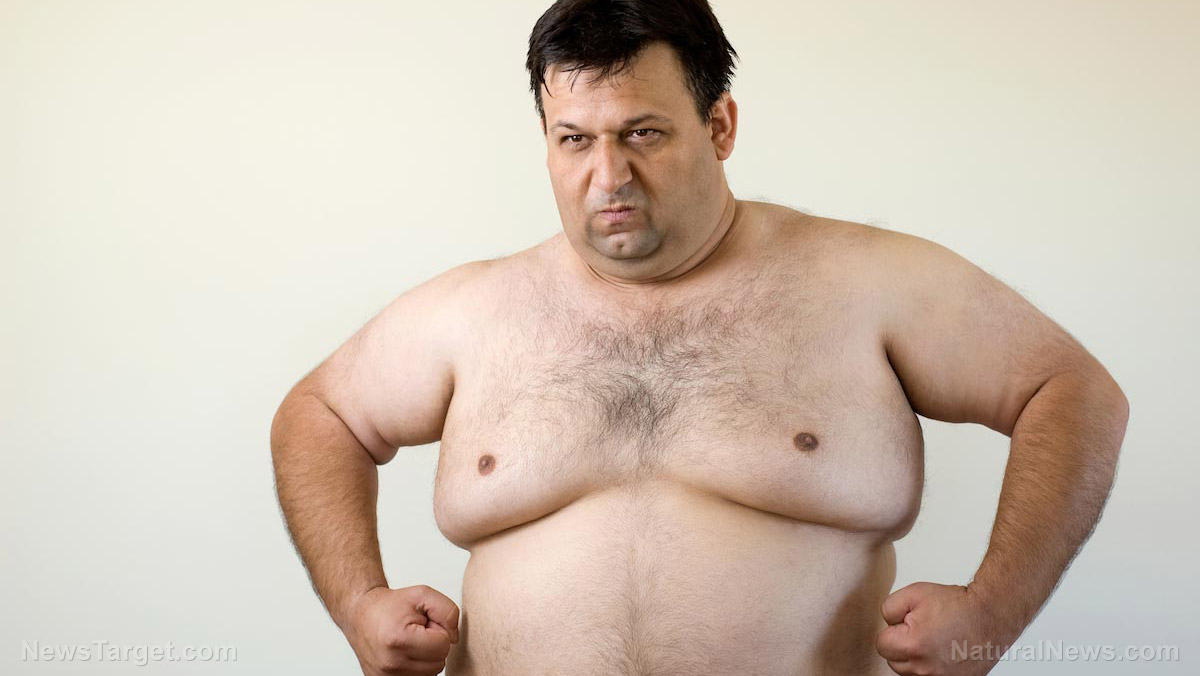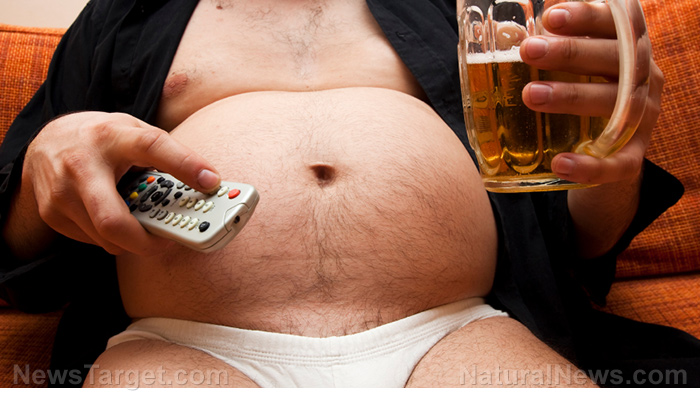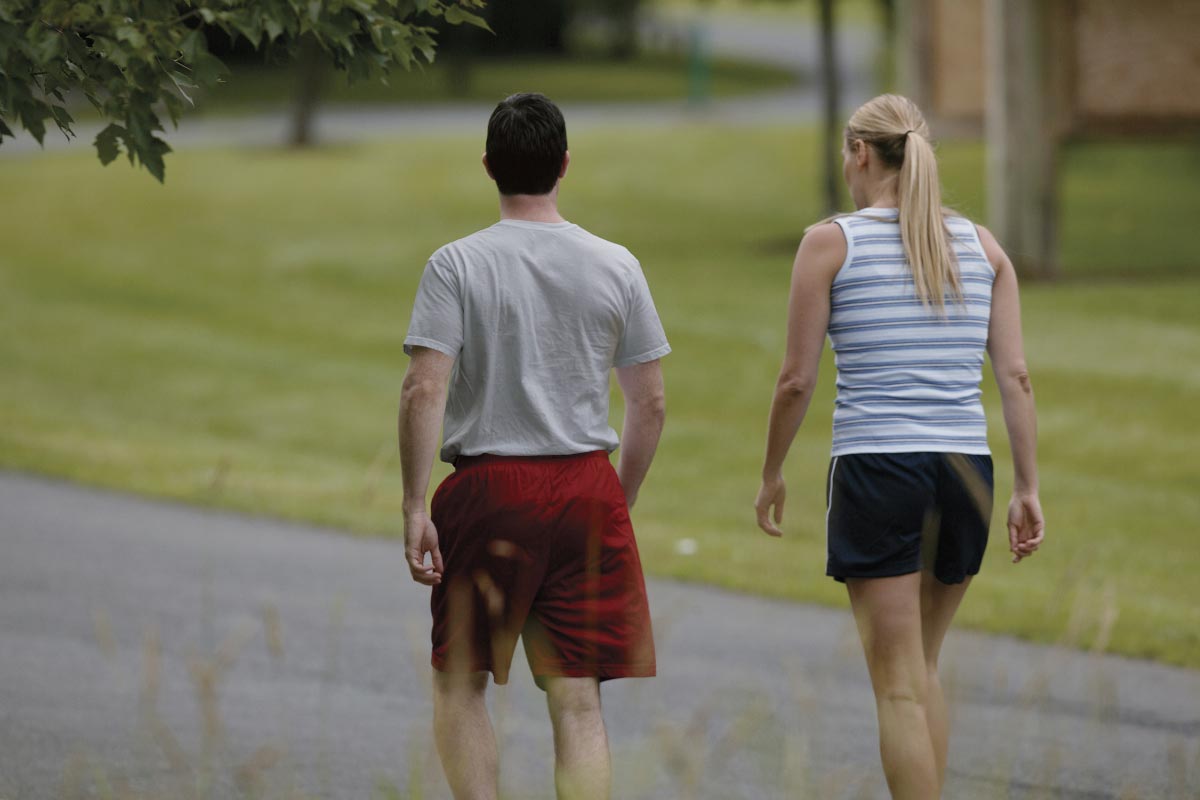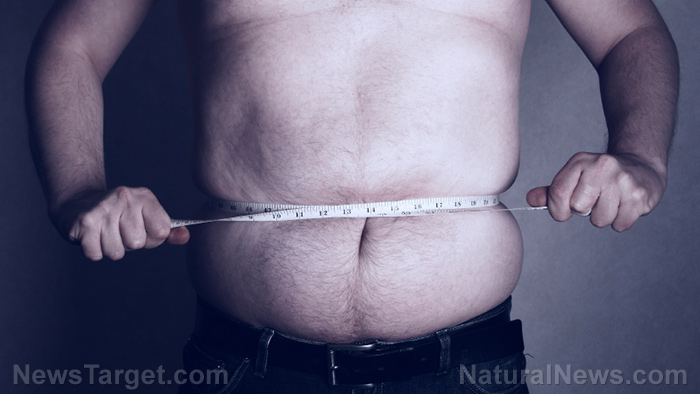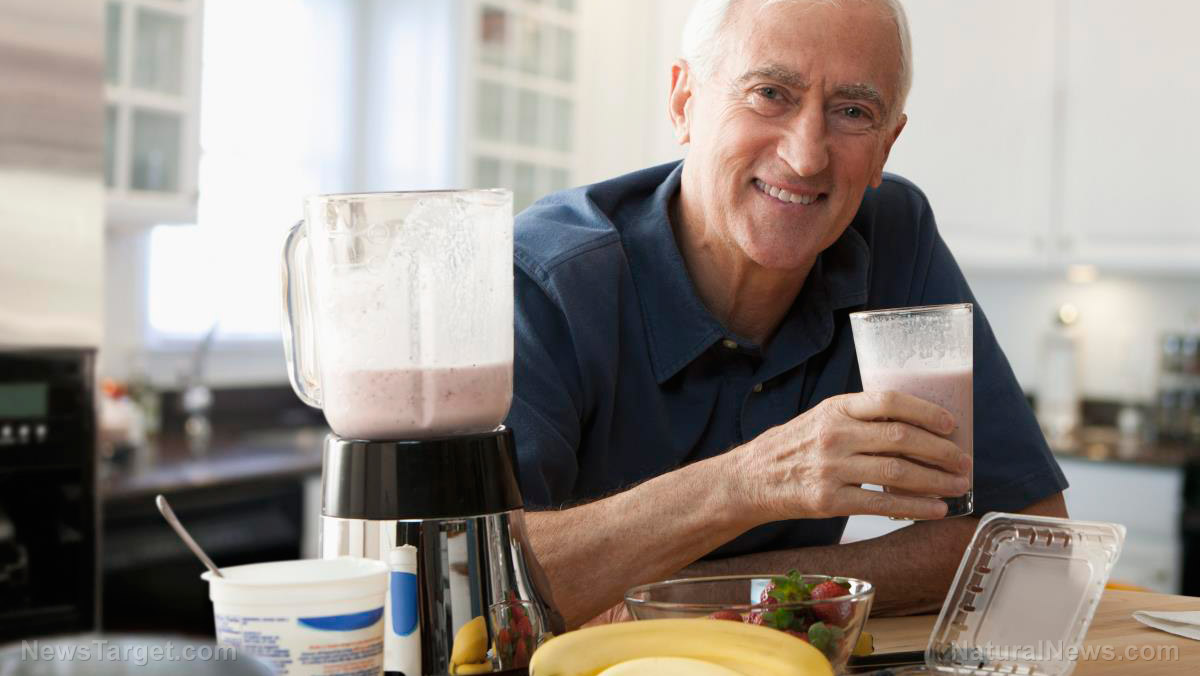Do you need to sweat to have a good workout?
04/16/2020 / By Zoey Sky
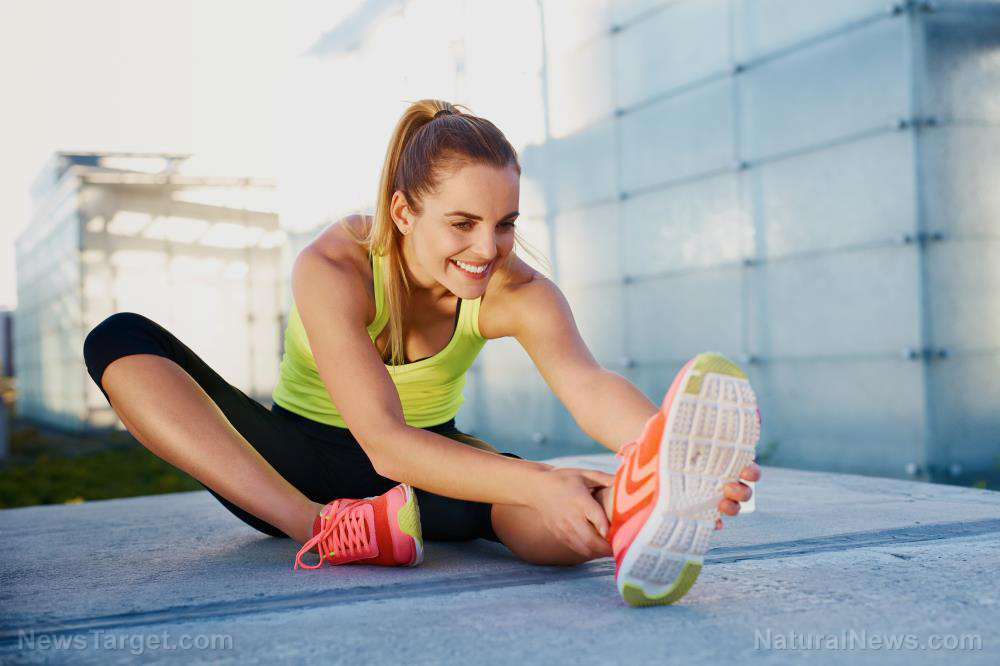
Some people believe that a great workout should leave you tired and sweating buckets all the time. But according to health experts, sweating doesn’t always indicate a successful exercise routine.
Why do people sweat?
Sweat evaporates from your skin to prevent your body from overheating after a grueling exercise.
If you don’t sweat after an arduous workout session, you may be suffering from anhidrosis, a condition marked by the inability to sweat normally. This condition can cause dizziness, a skin rash or loss of consciousness while exercising.
A “good” workout
Sweating while exercising is often associated with pushing your body to the limit, or working out in hot weather.
However, the assumption that you need to sweat heavily for a workout to be considered effective may have adverse effects. You may put off other forms of exercise if they don’t make you sweat, or you may push yourself to the point of over-exhaustion just to feel like you had a good workout.
Exercise and proper movement go beyond just sweating. According to top trainers, an effective workout doesn’t always require you to sweat buckets once you’re done.
Jason Williams, a certified personal trainer and Pilates and barre instructor, defines an effective workout as one that helps a client feel balanced, or “challenged, mobile, and motivated.”
A good workout involves progression, whether it helps you learn a new skill, boosts your strength or helps accomplish your goal of the session. Exercise goals can include improving your athletic performance, stress relief or wellness.
Figuring out what you want to do in a session can make it easier to set clear goals for a truly good workout.
Sweating isn’t an accurate gauge of intensity
Workouts can be effective even without sweating. For example, workouts like strength training don’t always make you sweat, but they’re an effective and crucial part of a balanced workout regimen.
Lauren Kanski, a NASM-certified personal trainer, explained that sweat isn’t an indicator of anything “effective” with exercise. You don’t sweat as much in a strength-training session, but this is because your heart rate might not get up as high or for extended periods of time, like when you’re doing cardio.
This doesn’t mean your workout won’t net you good results or that you’re not being challenged enough. Genetics also has a role in how much you sweat. (Related: Yoga as complementary medicine: How yoga can support your mental and physical health.)
Focus on health benefits, not how much you sweat
Even non sweat-inducing routines can benefit your physical health, such as stability workout (e.g., Pilates) or strength training. If you think you need to sweat a lot, you may be stuck with the same exercises and routines, which can result in over-training and plateaus.
The human body is “highly adaptive,” and the best way to ensure that your body is in peak condition is by trying different routines, regardless if it makes you sweat heavily or not.
How much you sweat depends on various factors, from your genetics and hydration levels to the sort of environment that you work out in. If you jog at the park, you’ll definitely be sweating once you’re done. But if you’re at the gym, you’ll be in an air-conditioned environment, so you may not sweat that much.
For physical evidence of your intensity, consider how fast you’re breathing. You may also experience muscle fatigue and shaking. More importantly, you must strike a balance between these factors. Like with sweating, they’re not good for your health if you stay on a treadmill until you’re too weak or are out of breath.
You can determine the effectiveness of a workout by answering one question: Did you accomplish your fitness goals? If the answer is “yes,” you don’t need to feel guilty if you didn’t sweat too much after a couple of hours of exercise.
If you feel “worked” in the area that your exercise routine was focusing on, you can rest easy knowing that you had a good workout.
Sources include:
Tagged Under: aerobics, cardio, exercise, fightobesity, fitness, gym, physical activity, Pilates, prevention, slender, strength training, sweating, weight loss, workouts, yoga
RECENT NEWS & ARTICLES
COPYRIGHT © 2017 FIGHTOBESITY.NEWS
All content posted on this site is protected under Free Speech. FightObesity.news is not responsible for content written by contributing authors. The information on this site is provided for educational and entertainment purposes only. It is not intended as a substitute for professional advice of any kind. FightObesity.news assumes no responsibility for the use or misuse of this material. All trademarks, registered trademarks and service marks mentioned on this site are the property of their respective owners.



